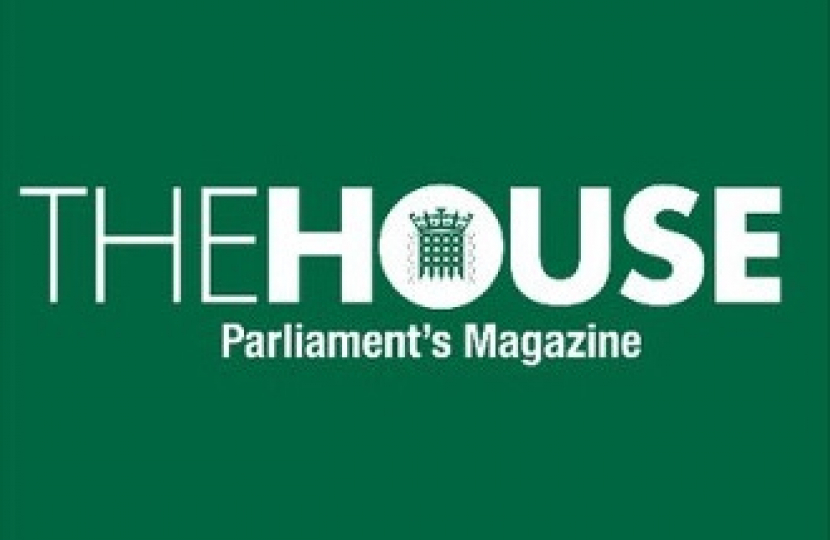
Following the World Immunisation Week event that Theo Clarke MP for Stafford held in Parliament with UNICEF, Ms Clarke has written an article about the importance of vaccines and how global Britain should lead in ensuring people around the world are vaccinated against preventable diseases and coronavirus.
To view the article please click here.
In the face of disease outbreaks across the world, Global Britain must act now to protect children’s futures
Theo Clarke MP for Stafford
The past year has shown us the power of immunisation. It gave us back our lives. Immunisation has rightly been high on the global agenda and I’m proud that the UK government has led the way.
British scientists and researchers developed an effective Covid-19 vaccine at record speed and made it available to the world. I saw the progress that has been made when I recently attended the UK hosted CEPI Global Pandemic Preparedness Summit, and I welcome that we have just pledged an additional £160 million to speed up global vaccine deployment.
Despite the astonishing achievements of the coronavirus vaccine rollout, World Immunisation Week celebrations this year were bittersweet. In a stark warning, the World Health Organisation and UNICEF (the United Nations Children’s Fund) alerted the world to a perfect storm for disease outbreaks with global measles cases increasing by a staggering 79 per cent in the first two months of 2022, compared to 2021.
This demonstrates how Covid-19 has halted progress and worsened the situation in relation to childhood immunisation. Increasing access to Covid-19 vaccines globally and ending the pandemic for all is still a crucial and ongoing effort. That is why, as chair of the International Development Select Committee’s sub-committee on the work of the Independent Commission for Aid Impact, I am currently undertaking an inquiry into the UK aid response to Covid-19.
Even before the pandemic, global childhood vaccination rates against diphtheria, tetanus, pertussis, measles, and polio had stagnated for several years. In 2020, over 23 million children missed out on essential vaccines – an increase of 3.7 million from 2019 – due to Covid-19 disruptions.
It’s not just Covid-19 that has caused these disruptions – many countries are dealing with multiple crises simultaneously.
When I recently met with Ukrainian politicians at No 10, I heard how the Ukraine conflict has crushed a health system already weakened by the impacts of the pandemic and now on the cusp of a public health crisis, acerbated with millions of children internally displaced or fleeing the country. Given that Ukraine has been suffering an outbreak of polio since October 2021, there clearly is an urgent need to ensure children continue to access essential health services, including vaccinations.
Much good work has already been done that can be built upon. Over the past 20 years the UK government has helped immunise over 760 million children, saving over 13 million lives. The UK has long been a leader in supporting immunisation programmes around the world, playing a significant role in the establishment of Gavi, the Vaccine Alliance, in 2000. When I visited the Gavi headquarters in Geneva last Autumn, I was pleased to hear it was continuing its ambitious vaccination plans as part of the UK government’s target to end preventable deaths of women, newborns and children by 2030.
It’s clear that without strong health systems children’s lives and futures are at risk.
Immunisations can’t happen without a functioning healthcare system. The pandemic provides a once in a generation opportunity to change the way we do things for the better. The UK is uniquely placed to take the lead by implementing their global health systems strengthening strategy and investing in routine immunisation services, giving priority to catch up campaigns as a matter of urgency to reach unvaccinated children.
In the face of disease outbreaks across the world, we should act now, as Global Britain, to protect children’s futures. Every child must have the chance to be vaccinated – to survive, thrive and seize the future they deserve. We must not allow the pandemic to leave their futures at risk.

